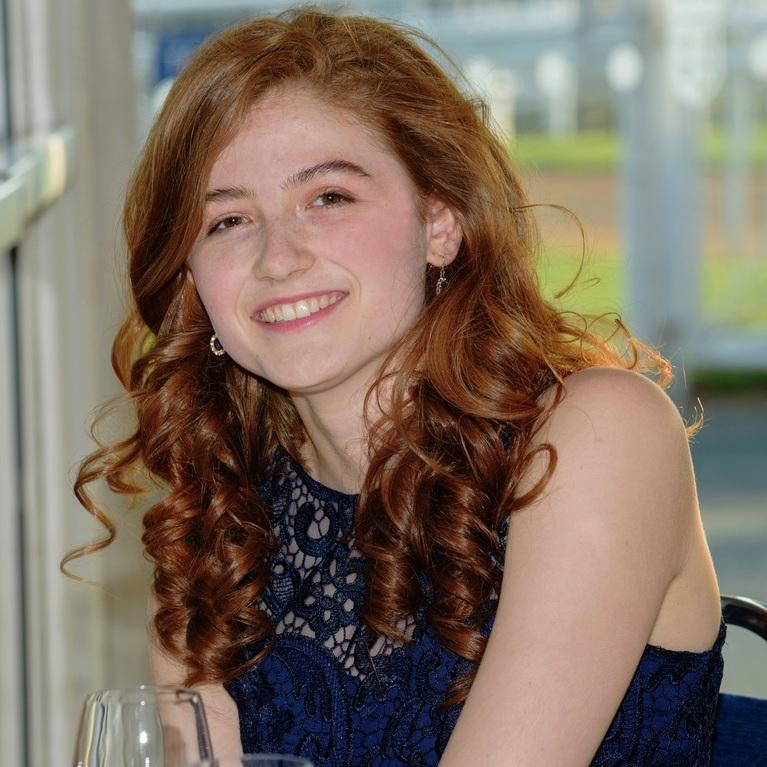Brits in America: how can universities support students through global tragedies?
Following the terrorist attack in New Zealand, student blogger Raphaëlle examines the role of universities in supporting their students to become global citizens
Share
A college is not just about studying, partying and networking; it’s about friendship and companionship. Harvard University has a habit of churning out impressive and well-educated individuals, but it is the personal relationships between students that form the underlying fabric of the institution.
When devastating news affects a certain group within the student body, such as the occurrence of a mass shooting, it is crucial that faith and non-faith Harvard community members alike come together as one.
On 15 March, an act of terrorism in Christchurch, New Zealand, killed 50 people and injured 50 others. One of my closest friends at Harvard is Muslim and one of the most kind-hearted, well-informed and understanding people I know.
When the details began emerging regarding the attack on two mosques, she was distraught, afraid and disheartened. I recognised in that moment that the most valuable response I could give was to simply be there for her. It did not matter that I had three assignments due that day; exercising humanity is at the very core of what it means to be a Harvard student.
I joined my friend, among others, in a vigil commemorating the victims of the senseless attack in New Zealand. About 50 Harvard community and Cambridge-wide residents attended the vigil on the steps of Harvard’s Memorial Church. Standing together, the universality of sorrow was clear.
Pathway to university: an open letter to racists
Reverend Jonathan L. Walton drew parallels with the Charleston church shooting by a white supremacist in June 2015, his voice moved with pain. Rabbi Jonah C. Steinberg of Harvard Hillel reminded attendees of how the Harvard Islamic Society had supported the Jewish community after the Pittsburgh shooting in October 2018. And Muslim chaplain Khalil Abdur-Rashid urged that love, not hate, persevere: “If it takes meeting here every single night to remind myself and the community of the duty we have to not go to sleep on hate, so be it.”
Bilal Wurie, a Muslim student who recited a verse [2:153] from the Qur’an at the vigil, said: “as our communities grieve, we must remember that these individuals who were taken from us are still alive, not only in our hearts and spirit, but in our actions – in how we uplift each other; in how we kindly we treat each other; in how we strive to dismantle and denounce institutions and ideologies and individuals who perpetuate such senseless violence.
“The immediate presence and support of the broader, non-Muslim communities at the vigil was and is immeasurably appreciated and much-needed. That night was simply one example out of hundreds of how miserably the NZ attacker failed in his attempts to drive a wedge between the Muslim and non-Muslim communities. But our work does not end with the vigil; it merely begins. We must show up in solidarity the next day and the day afterwards. Only then can we honour the sacrifices of those we have lost.”
Bilal serves as the Harvard Islamic Society Chair of Islamic Learning and the Harvard Interfaith Facilitator of Religious, Ethical and Spiritual Inquiry. He is a close friend, and we have had many a conversation about Islam, his role in promoting interfaith dialogue, and my own personal struggle with theism.
The pain and grief generated after the Christchurch terrorist attack is too heavy a burden for the Harvard Muslim community to carry alone. Stood side by side, faith to faith, student to student, Harvard must demonstrate that it is first a place of humanity, before it can be a place of learning.
Read more: From a Syrian refugee to a UK university student
